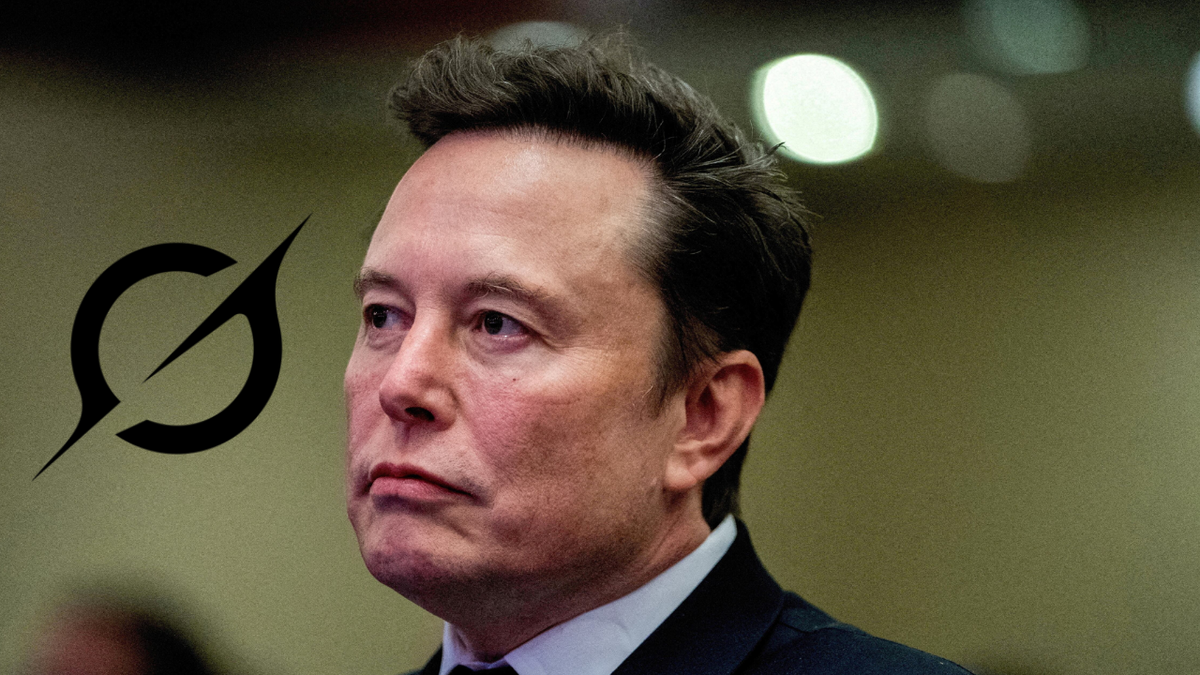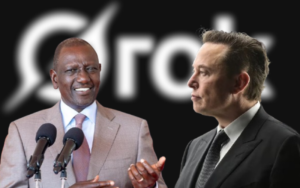Enjoying Your Questioning with Grok? You Might Be Facing Legal Consequences

Elon Musk’s Chatbot Grok Sparks Debate Online
Since its release, Elon Musk’s AI chatbot, Grok, has become a hot topic on social media, particularly on the platform X. Users have engaged with Grok by posing unusual and provocative questions, diving into hypothetical scenarios and discussing contentious issues. This interaction has drawn both curiosity and concern.
However, the fun may have serious consequences. Recent reports indicate that users who engage Grok in a manner that prompts inflammatory or controversial responses could face criminal charges. This concern arises as Musk’s X has formally challenged the Indian government over its regulations regarding online content.
Lawsuit Against Indian Government
Musk’s social media platform has filed a lawsuit in India, taking issue with the country’s interpretation of Section 79(3)(b) of the Information Technology Act. X claims that the Indian authorities are overstepping legal bounds and establishing an illegal framework for censoring content online. In an environment where content moderation is critical, this lawsuit emphasizes the ongoing tension between governance and freedom of expression.
Highlighting Free Expression
One of the central arguments in X’s petition is the assertion that the Indian government, led by Prime Minister Narendra Modi, is undermining free expression on the internet. The platform seeks clarification from the court to declare that Section 79(3)(b) doesn’t grant the government the authority it claims to have over online speech. The hearing for this case is scheduled for March 27.
Potential User Consequences
If the lawsuit does not result in favorable outcomes for X, users may need to be wary of their interactions with Grok. Should a user pose suggestive questions that lead to inflammatory content, both the user and the platform could potentially face legal repercussions. This raises important questions about user responsibility and the limits of AI chatbot interactions.
Impact of Content Regulation
- Legal Risks: Users might be on the hook for criminal charges if their inquiries lead to controversial answers.
- Chilling Effect: The fear of repercussions might discourage users from engaging freely with AI chatbots.
- Platform Responsibility: Social media companies must navigate the balance between hosting user-generated content and complying with local laws.
X’s lawsuit against the Indian government’s censorship efforts may set important precedents concerning online expression. As governments around the globe grapple with regulating digital platforms, the outcome of this case could influence how many chatbot technologies, including those similar to Grok, are used and perceived moving forward.
The Bigger Picture: AI and Censorship
This case highlights a significant issue: the intersection of artificial intelligence and governmental control over information. As AI chatbots evolve, so do the complexities surrounding their usage. Conversations around these technologies are not only about their practical applications but also involve broader implications regarding freedom of speech, online privacy, and the role of government in regulating digital discourse.
As this situation unfolds, it underscores the need for ongoing dialogue between tech companies, users, and regulatory bodies to ensure that the benefits of AI technology can be enjoyed while respecting legal and ethical boundaries.
(This article draws from various reputable sources and news reports.)






